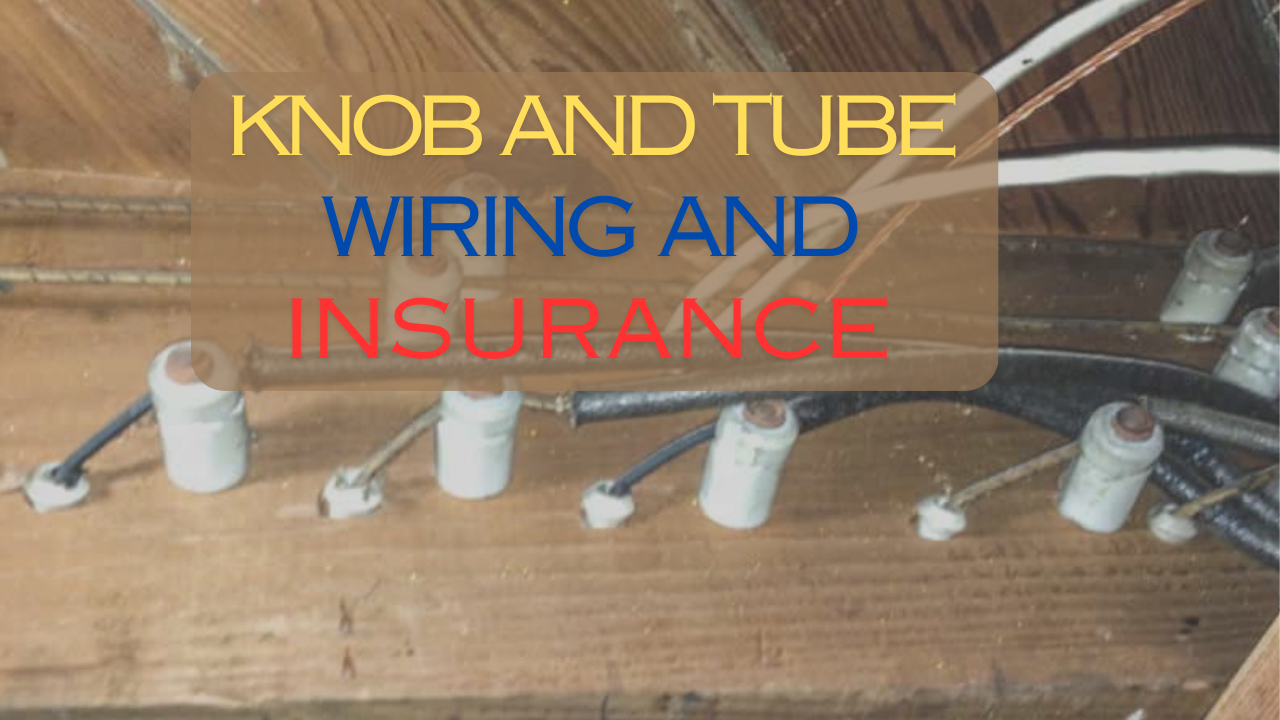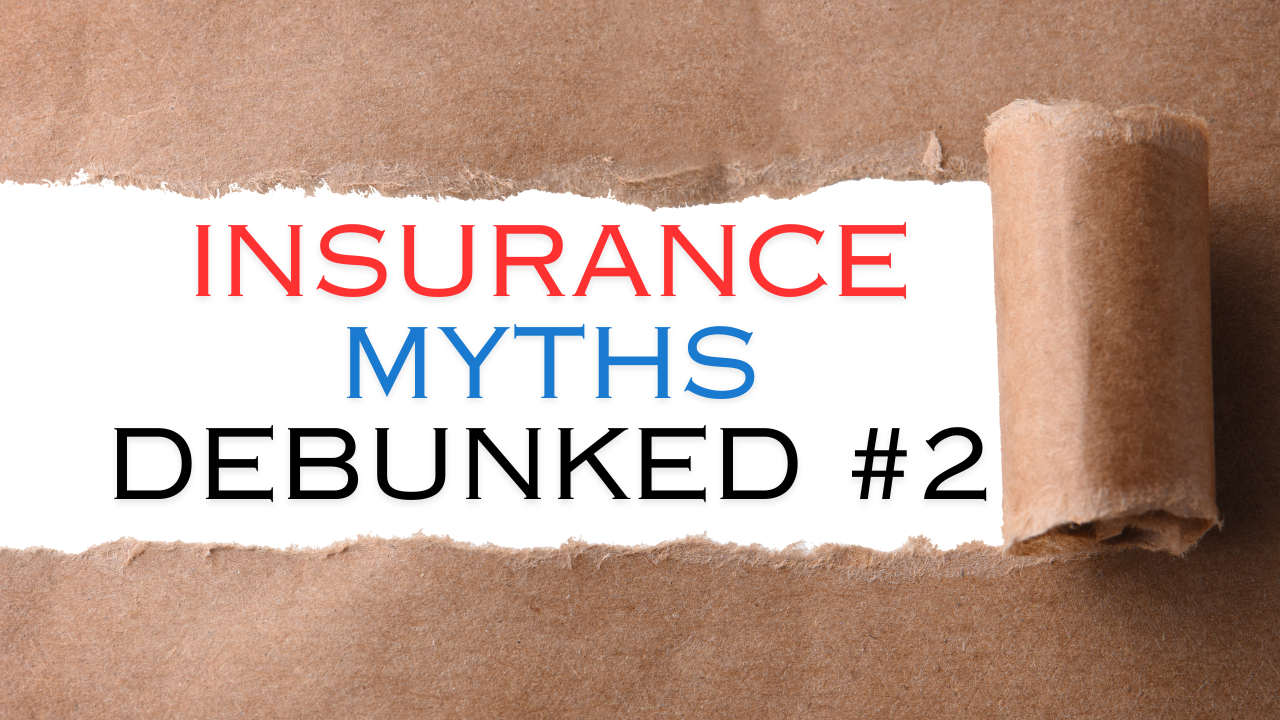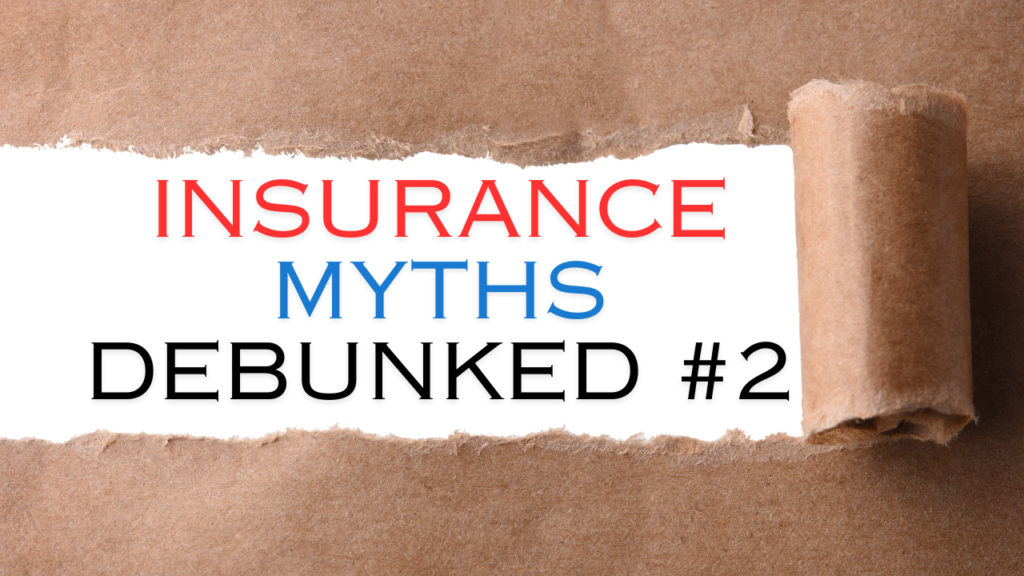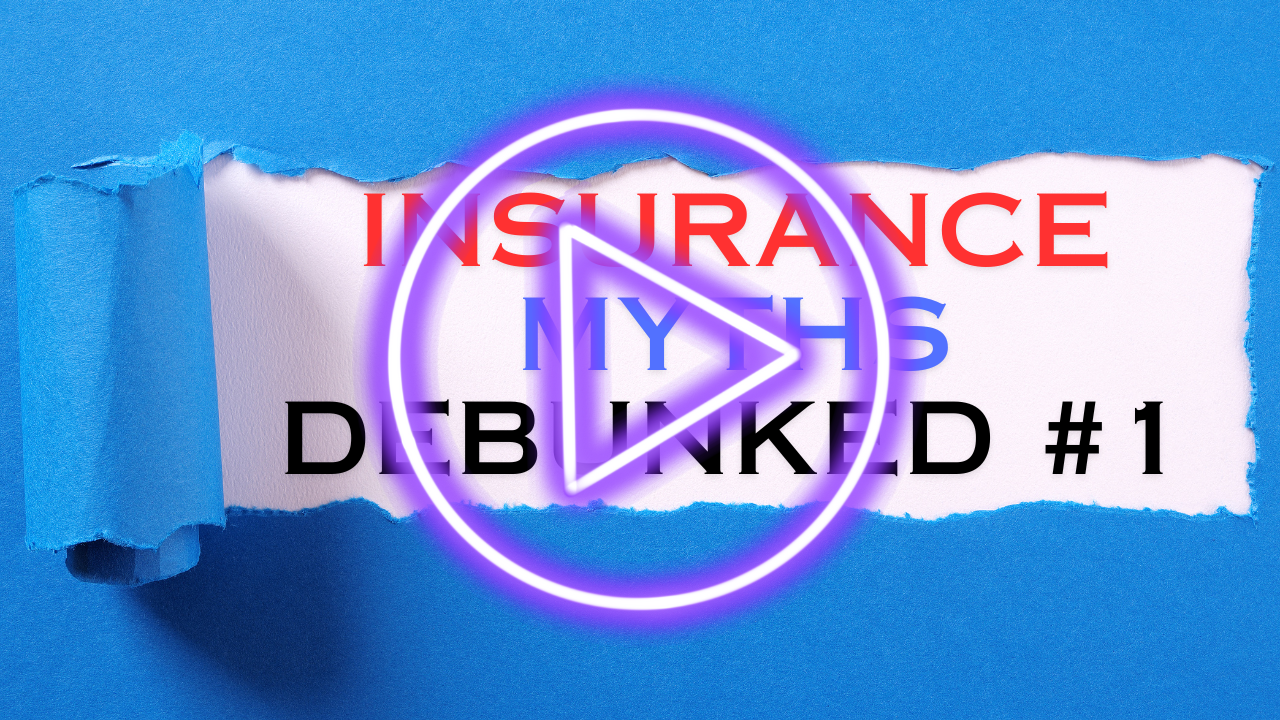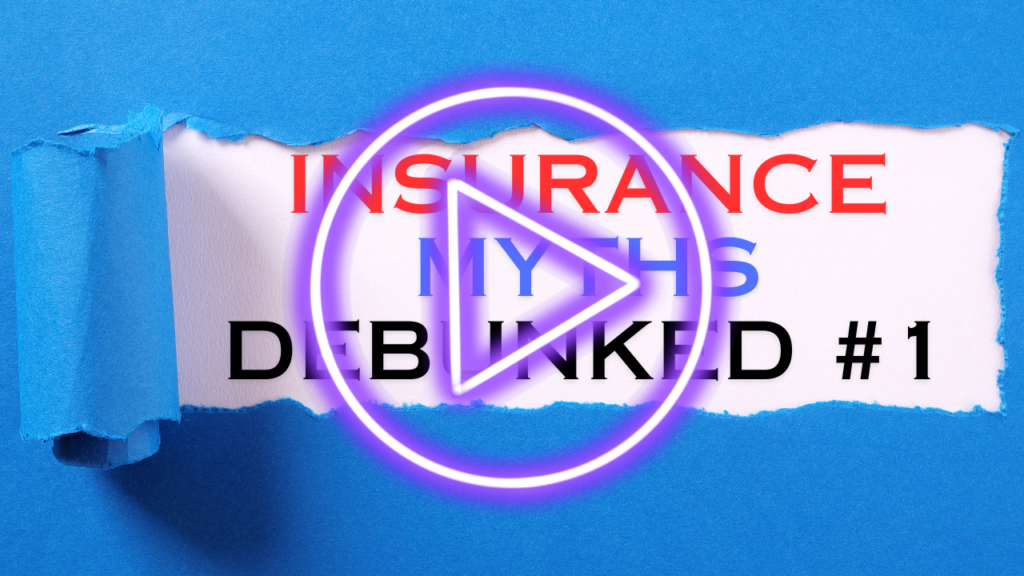Knob and Tube Wiring And Insurance
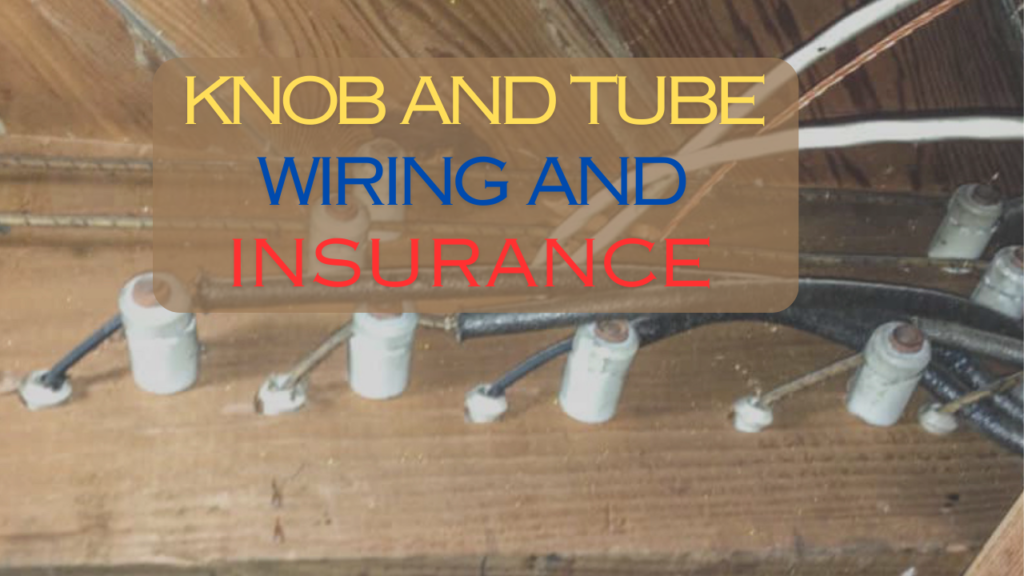
Knob and tube wiring is a topic that often raises concerns for homeowners, insurance companies, and mortgage lenders alike.
We Often Hear This Question
Can you get insurance for a home that still has knob and tube wiring?
The answer is yes. There are a limited number of insurance companies that will provide coverage for homes with knob and tube wiring. However, it’s best for you to prioritize your peace of mind by considering an electrical system upgrade.
Here are some important details about knob and tube wiring and why it’s essential to contemplate upgrading your electrical system
This type of electrical system was commonly utilized in homes constructed before 1950, with its peak usage occurring from 1880 through the 1930s. While knob and tube wiring served as an economical electrical solution during its time, it comes with several inherent issues that make it a potential fire hazard in today’s modern homes.
Understanding Knob and Tube Wiring
Knob and tube wiring consists of copper conductors covered with cotton or rubber insulation. These conductors are passed through ceramic or porcelain tubes and wrapped around ceramic knobs. While this method may have been acceptable decades ago, it lacks a crucial component found in modern electrical systems: a ground wire. This absence of a grounding system is one of the primary reasons why knob and tube wiring is considered unsafe and undesirable for today’s homes.
Key Facts to Know About Knob and Tube Wiring:
- Lack of Grounding: Knob and tube wiring consists of separate hot and neutral wires without a grounding system, unlike modern electrical systems that include hot, neutral, and ground wires. This absence of a ground wire increases the risk of electrical shocks and fires.
- Vulnerability to Damage: Over time, the rubber insulation used in knob and tube wiring can deteriorate, particularly when exposed to excessive heat. Areas like attics, where temperatures can vary significantly, are especially prone to having exposed wiring that poses serious hazards.
- Lower Temperature Rating: Knob and tube wiring is rated for 60°C, while modern light fixtures and appliances are designed with wires rated for 90°C. When older wiring connects directly to modern fixtures without a junction box, the wires can overheat, potentially leading to electrical fires.
- Ventilation Requirements: This older wiring system was designed to be installed in free air to dissipate heat effectively. As a result, adding spray foam insulation to walls or attics without a proper evaluation is not advisable. Improper insulation can trap heat and increase the risk of fire.
- Safety Concerns: Modern electronics often come with built-in safety features that rely on a proper grounding system and stable electrical connections. When used with knob and tube wiring, these safety mechanisms may be compromised, putting both the devices and homeowners at risk.
Insurance Implications:
One of the most significant concerns associated with knob and tube wiring is its impact on homeowners’ insurance. Most insurance companies are reluctant to provide coverage for homes with this type of electrical system due to the increased risk of fires and electrical hazards.
Most insurance companies require homeowners to convert their electrical systems to modern standards within 30 days of purchasing a policy. Failure to make this conversion can result in the cancellation of your homeowners’ insurance coverage, and in some cases, even force your mortgage company to have to purchase forced coverage to cover the loan.
While some insurance companies may consider providing coverage if the home undergoes an electrical inspection to assess the condition and functionality of the wiring, this is by no means guaranteed. Homeowners should be aware that intentionally failing to disclose the presence of knob and tube wiring in their homes could invalidate their homeowners’ insurance policy in the event of a claim.
Finding insurance companies willing to cover homes with knob and tube wiring can be a challenging task. Given the inherent risks associated with this type of electrical system, many insurers are simply unwilling to offer insurance policies. If coverage is available, homeowners will have to pay a higher annual premium.
A Better Solution: Upgrading Your Electrical System
Ultimately, the best course of action if your home has knob and tube wiring is to upgrade the electrical system to modern standards. Not only does this create a safer living environment for you and your family, but it also allows you to obtain standard homeowners’ insurance coverage at standard or preferred premium rates.
Pro-Tip:
From Angi.com You should never, under any circumstances, handle knob-and-tube wiring on your own. Replacing knob-and-tube wiring is one project that can quickly lead to serious injury and fire if not handled correctly. Instead, hire a licensed electrician who can inspect the wiring and how it will hold up over the coming years.
If you find yourself in this situation, it is highly recommended that you consult with a local independent insurance broker, such as Vargas & Vargas Insurance Agency. We can provide guidance and help you find the right insurance coverage for your specific needs. Our experienced insurance professionals can be reached at 617-298-0655 and offer insights into what options are available and ensure that you have the proper coverage to protect your home and assets.


